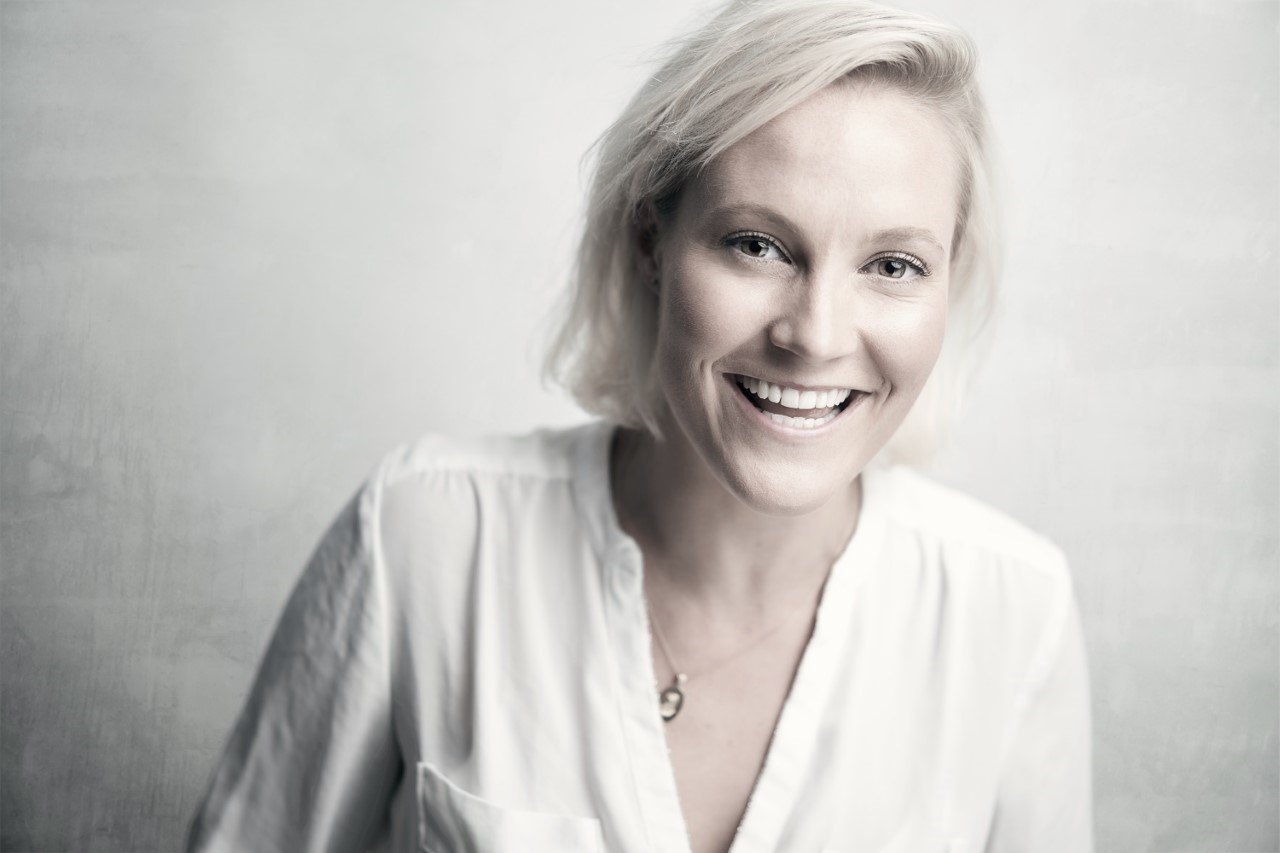Do you feel recognised?
Recognition is one of the most crucial things in life. How do you give & get feedback?
Author
Philippa Richardson
Pip is Founder of The Circle Line, a Transactional Analysis psychotherapist, a former City litigator and a Head of Marketing in the property industry. She works with individuals, leaders and groups to help them function well in life and work, believing that we can all write our own life story.

People need attention. We need attention just like we need food and water.
Recognition is essential to human relationships and communication. It can come in many forms: compliments, smiles, hugs, and equally criticism and frowns are still recognition. They are all acknowledgments that we exist.
We can breakdown the big concept of recognition into units, or exchanges; let’s call each unit a “stroke” (Berne, 1964). "Stroke" is a good word (perhaps a suggestive word to some, that's actually useful!) because at our most instinctive (infant) level, this is what we most needed to realise we exist in the world: touch.
Humans need to be acknowledged to feel they exist.
As adults we learnt to substitute our need for human touch with other forms of recognition: a promotion, a title, an award. Recognition can be given and received through any of the five senses, and can be overt or covert. The word “stroke” helps us remember how fundamental this need is: the need to be seen.
I'm terrible at accepting compliments. I just brush them off. Praise wasn't a common thing in my family and I've carried that with me.

In the "stroke economy" often we falsely see strokes as a limited resource that people must earn and compete for. We’re not meant to ask for them, or reject them.
We see this in many British families. Might be something to do with the "stiff upper lip" but we just don't seem to be very good at being nice to each other. Louise Sagnia, property marketing manager, realised this when she started therapy. Her therapist was always encouraging her, and often said "nice" supportive things which she just cringed at.
"It was embarrasing" says Louise. "I used to squirm in my chair and look the other way and just carry on talking."
But actually, frequency and quality of strokes is key to our sense of wellbeing. We may just have to work on getting more comfortable with them - both giving and receiving.
The Stroke Balance Sheet
How many positive versus negative versus no strokes do you receive over time?
Our "stroke balance sheet" matters:
People who receive a higher number of positive strokes tend to have a more positive outlook on life, healthier emotional states, and feel more satisfied with their relationships and lives overall.
Those who receive more negative strokes, or none at all, may struggle, feeling unseen, neglected and unappreciated.
What’s the net balance of positive and negative strokes you receive over time?
Having people in our life who are able to give us positive strokes is important and leads to more fulfilling relationships.
Recognition at Work
We can see how we might put this into action at work, as well as with friends & family.
A safe and rewarding work culture is one where people feel seen and respected.
It's a place where colleagues can speak and know they'll be heard. They can disagree and it be ok. They can do a good job and it will be noticed and appreciated. They can even feel angry or sad or anxious at times and that's ok too.
For this we need to be able to give colleagues positive strokes. There may be some exchanges that feel negative but overall the stroke balance sheet needs to be positive.
Strokes usually vary with the type of activity we're engaged in. There only so many ways we can spend our time - 5 in fact - and the strokes get stronger as we go round the time structuring circle from withdrawal, to social rituals to real honest intimacy. Withdrawal delivers no strokes; intimacy the most powerful. You can read more about strokes and time structuring here in our toolkit.
So, we can see that strokes are a crucial aspect of human communication and relationships. They provide recognition and play a significant role in our emotional wellbeing.
In what ways do you get, and give, the positive strokes we all need to thrive?